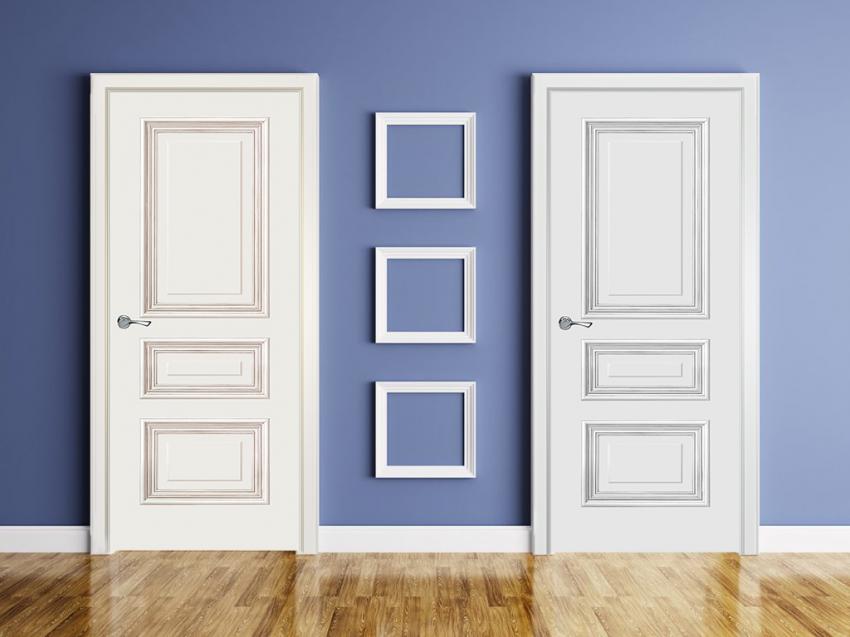Internal doors are often required to have far less maintenance than external doors. Thus it should be relatively simple to take care of them. The materials from which your new door is constructed and the environment in which the door is installed will affect the maintenance required over the long run.
For instance, the doors in your bathroom and kitchen may require more maintenance than most other internal doors because they are utilized in an environment with higher relative humidity. If you invest the time and effort into maintaining your new doors, they should serve you well for a very long time.
Cleaning
The glass internal doors might need an occasional cleaning or a wipe down with a moist cloth now and again. The kind of material and finish on the door will determine the appropriate cleaning agents. If you have to wash the door with anything more potent than mere water, you should verify the requirements of the various doors and treatments beforehand.
Do not scour, over-rub, soak, or over-clean the door, as doing so can remove the treatment layers and may cause the material below to become damaged. When cleaning the filth, avoid any instruments made of metal or sharp things. If a door has tracks, those tracks should be cleaned regularly by vacuuming or brushing so that any dirt that may accumulate may be removed.
Treatment
If you were the one who was responsible for applying the finish to the door, you would probably need to use a new coat of finish every few years. Doors made of natural and engineered wood will likely require further treatment more frequently than doors made of other materials. Before the treatments can be reapplied, particular doors must be sanded. Buy interior doors with finishes of the highest quality.
Hardware
It is possible that moving parts, such as rollers, latches, or hinges, will need to be oiled on occasion with a bit of general-purpose oil to prevent corrosion and ensure that they continue to operate correctly. To safeguard both the rollers and the track, an occasional coating of petroleum jelly or another lubricant of a similar kind is recommended for use on rollers.
Rust may form on metal hardware, which means it might one day need to be replaced. Plastic components can also degrade over time and may eventually require replacement. If a door suddenly stops functioning as it should – for example, if it has moving components that make squeaky noises, if its leaves don’t open or shut correctly, or if they droop in their frames, some hardware may be maintained, adjusted, or replaced. Alternatively, the door might need to be replaced entirely.
Examine all of the Glass Panels
Cracks in the door’s glass might pose a safety risk, so inspecting it often is essential. If it does crack, it will require immediate reinforcement or replacement to prevent further damage. If indeed, the glass is insulated, you can examine between the panels to see if there is any condensation since this might be an indication that there is an issue with the seals.

